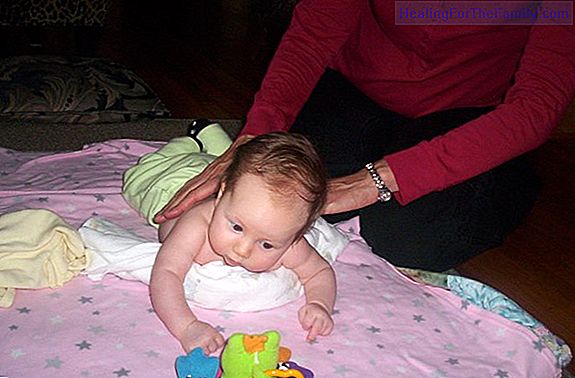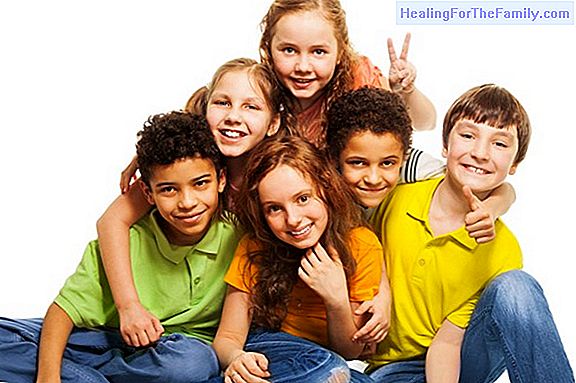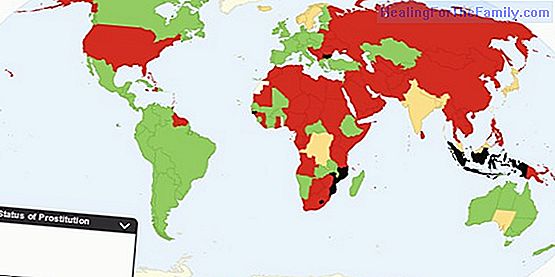Punishing the child without speaking is worse than punishing him with words
Punishment is a tool that has been used by adults in the education of their children for a long time. Due to this, its use in society is normalized. The punishment continues to be used due to its apparent immediacy and effectiveness when it comes to eliminating or correcting an annoying or inappropr
Punishment is a tool that has been used by adults in the education of their children for a long time. Due to this, its use in society is normalized. The punishment continues to be used due to its apparent immediacy and effectiveness when it comes to eliminating or correcting an annoying or inappropriate behavior or behavior.
Parents use all kinds of punishments, such as not being able to watch television, not going out for a period of time, or even not talking to them. However, the punishment of silence does even more harm to children than the privative punishment.
Consequences of punishing children with silence

The reasons that parents have to punish are very different, so much so that there are times when children can live as unjust and even cause negative consequences in their development. Therefore, it can be said that punishment is a little or no educational method.
According to experts punish children with silence is more dangerous than with words. The misuse of a word can cause conflicts but not using them is worse, especially when it is used as a method of punishment for children. Within the family environment the use of indifference as punishment may occur.
This appears: with lack of gestures of affection, with silence or with a superficial treatment. It generates discomfort, is degrading and even breaks the affective bond between parents and children. When you work with indifference in the education of children you are not aware of the consequences that this entails. In fact, this impassive attitude is often felt as correct and satisfactory.
With this attitude, the child is provoked:
- Low self-esteem. If no response to the behavior is obtained, there is no feedback. This has a serious impact on the self-image of the child who is still forming his personality. It creates a great insecurity in the little one.
- Mental tension. The child, not knowing what the other person thinks, will make a great effort to decipher the adult. This in the long term causes anxiety and stress in the little one.
- Confusion. If there is indifference, the action-reaction mechanism can not exist. That is to say, when the child acts in a certain way but the consequent reaction is not given, confusion will be created in him. This will affect the parent-child communication, making it more difficult.
Alternatives to punishment in childhood
Punishment is an unfair and uneducated method in the child's development. Its use is not necessary for children to behave properly. So, what can adults do in the face of inappropriate behavior without using punishment:
- Prevent. Knowing how the child thinks is fundamental. The child does not have "bad" intentions in everything he does. When they are small they are more impulsive. We adults should accompany them, calm them down and help them understand their emotions and feelings.
- Limits. Children learn by exploring and experimenting. It is important that as adults we give them some rules and limits in which they can move freely but within an established framework.
- Modeling. Children learn by observation, therefore, adults must be consistent with what is asked of children. For example, if we do not want the child to hit or scream, we should not call attention to him with shouting or hitting him with a slap as punishment.
And, big doses of patience.












